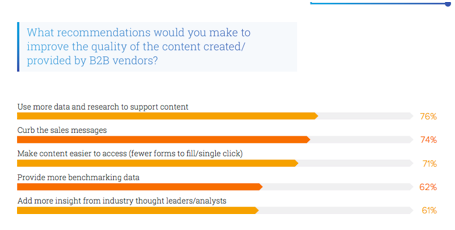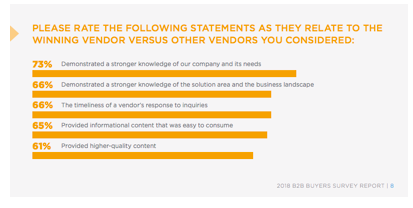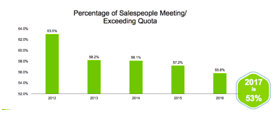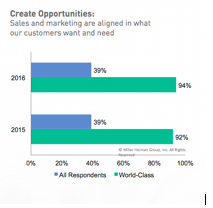Get to Know Your Customers
Some innovative businesses have figured out how to deliver what customers want and need
Stacey Danheiser //October 25, 2018//
Get to Know Your Customers
Some innovative businesses have figured out how to deliver what customers want and need
Stacey Danheiser //October 25, 2018//
![]()
By 2020, companies will primarily compete on the basis of customer experience. This means customers will choose to work with companies that offer the best experience and value. In fact, a CEI study found 86 percent of customers will pay more for a better customer experience. But to meet customers’ rising expectations, businesses need deeper understandings of the individuals that make up their target markets.
TECHNOLOGY IS NOT THE MAGIC PILL
In the race to survive, succeed and remain relevant, brands and businesses are becoming more focused on integrating digital technologies across all facets of their operations, including customer service, sales and marketing. But with so much focus on delivering mobile-first, self-serving, digital experiences, many companies have lost sight of what matters most — the customer.
Technology is powerful, but it can’t do everything and sometimes business leaders forget that. Professionals become so dependent on these tools, they forget they are interacting with real people. For example, companies are increasingly using chatbots to assist visitors on their website. But we have a long way to go before AI virtual assistants can master the art of casual conversation, let alone solve all of your customers’ problems.
IT’S TOO EXPENSIVE TO JUST GUESS
By neglecting human connection, businesses not only risk losing consumer trust, but also fail to get to know them better, which turns out to be a costly mistake.
According to Deloitte and Touche, customer-centric companies are 60 percent more profitable than those that are not focused on the customer. On the flipside, B2B companies waste a whopping $958 million on ineffective marketing every year.
And it’s not hard to see why.
There’s an obvious gap between what buyers want and what they are offered, as suggested by the graph below. It illustrates customers want B2B vendors to provide researched content and go easy on sales messaging.
By 2020, companies will primarily compete on the basis of customer experience. This means customers will choose to work with companies that offer the best experience and value. In fact, a CEI study found 86 percent of customers will pay more for a better customer experience. But to meet customers’ rising expectations, businesses need deeper understandings of the individuals that make up their target markets.
IT’S TOO EXPENSIVE TO JUST GUESS
By neglecting human connection, businesses not only risk losing consumer trust, but also fail to get to know them better, which turns out to be a costly mistake.
According to Deloitte and Touche, customer-centric companies are 60 percent more profitable than those that are not focused on the customer. On the flipside, B2B companies waste a whopping $958 million on ineffective marketing every year.
And it’s not hard to see why.
There’s an obvious gap between what buyers want and what they are offered, as suggested by the graph below. It illustrates customers want B2B vendors to provide researched content and go easy on sales messaging.

Additionally, customers are practically begging to do business with companies that take the time to understand their needs — a factor that matters most for customers when it comes to choosing vendors.

SALESPEOPLE NEED TO UP THEIR ANTES
If there’s one area where the impact of knowing your customers pays off most, it has to be sales. So, it’s not difficult to imagine that a company that doesn’t pay attention to its customers would suffer. That’s exactly what’s happening when 57 percent of sales representatives are not meeting their quotas. In fact, as the Miller Heiman chart below shows, the percentage of salespeople meeting quotas is declining.
Of course, there are multiple reasons, from changing customer demands to evolving technology to economic issues. But one thing is certain: Knowing your customers better will only help.

Customers expect a world-class experience from the beginning, as they play around on your website, talk with sales reps, place orders and make the purchase. And, if the value of your product or service isn’t articulated in terms that the customer cares about, they will take their business elsewhere.
Some forward-thinking organizations have rightly figured out in order to deliver what customers want and need, they must align their marketing and sales teams. But the majority of companies are not operating this way, which means the one to suffer is your customer – and ultimately your bottom line.

Bring the personal touch back to your business
Let’s ditch the guesswork and get to know your customer a little better.
Stacey Danheiser is the CEO of SHAKE Marketing Group and online course creator at Customer Value Link. She aims to help business owners and marketers succeed in a customer-driven era.






















